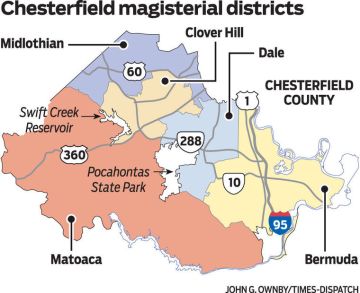Housing Virginia will be holding our second Housing & Schools Symposium in partnership with VCU’s Center for Urban & Regional Analysis on Friday, June 19th at the VCU Student Commons.
Last year, we gathered together the maximum capacity allowed by our venue – 200 people – and we’re on track to do the same this year. You can secure your spot today here at our registration page. Admission is $50 for the public and $20 for individual students & teachers.

We’ve also secured our session lineup. The symposium will open with a few words from Virginia Superintendent of Public Instruction, Dr. Steve Staples. Following his keynote address, VCU will present the findings of a two-school case study that examines the connections between school performance and the surrounding neighborhood. An expert panel will weigh in on the results and answer questions from the audience.
In the afternoon, attendees will split up into three breakout sessions, each with its own expert panel and topic of discussion. Participants will again have an opportunity to start a dialogue with any and all panelists. We will close the symposium with a presentation from Shirley Franklin, CEO of Purpose Built Communities and former Atlanta mayor. She will share with us the success of the Purpose Built Communities model of bridging educational opportunity with community revitalization.
See below for a detailed list of panelists and topics:

This year’s symposium will be bigger and better than ever – so make sure you join in while we still have space!


